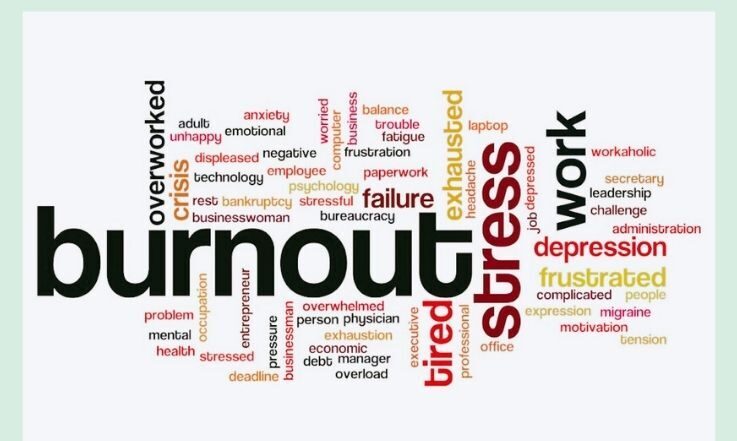Event Recap
On May 30th, from 12:45 pm to 1:45 pm, Smart D8 teamed up with St Patrick’s Mental Health Services to host the ‘Managing Burnout And Stress: Is BOSS The Boss Of You’ talk in the Conference Room at St Patrick’s University Hospital, Dublin 8. This event marked the seventh mental health workshop facilitated by SPMHS’ Programme Manager, Debbie Van Tonder, in honour of Mental Health Awareness Month.
Workshop Highlights
Identifying Burnout Stress Syndrome (BOSS)
Burnout, now recognized by the WHO in the ICD-11, is a chronic state of physical and emotional exhaustion due to prolonged stress, often work-related. Characterized by extreme fatigue, detachment, and diminished accomplishment, burnout can negatively impact work performance, relationships, and overall well-being.
Ignoring burnout can worsen its effects, potentially leading to severe physical and mental health issues and decreased job performance. Burnout stems from accumulated work stress, causing exhaustion, energy loss, and a lack of motivation.
Common Signs of Burnout
Burnout manifests through various symptoms, including:
- Constant fatigue;
- Feelings of helplessness and defeat;
- Emotional detachment and isolation;
- Cynicism and negativity;
- Self-doubt;
- Procrastination and inefficiency;
- Overwhelm and frustration;
- Reduced job satisfaction;
- Sleep disturbances;
- Increased irritability and physical distress.
Causes of Burnout
Factors contributing to burnout include:
- Emotional exhaustion: persistent fatigue after work
- Depersonalization: alienation from colleagues and workplace
- Low self-esteem: feelings of inadequacy and failure at work
- Lack of control: inability to influence job aspects
- Unclear expectations: uncertainty about job responsibilities
- Conflicts: issues with colleagues or supervisors
- Imbalanced workload: either too much or too little to do
- Insufficient support: feeling isolated at work
- Poor work-life balance: excessive work affecting personal life
Burnout is not merely due to long hours or busyness; it’s the result of prolonged high stress without adequate recovery.
Developing Stress Resilience
Resilience involves adapting, recovering, and growing from adversity, helping to manage and prevent burnout. Key aspects include:
- Stress Management: engaging in stress-reducing activities like exercise and mindfulness.
- Adaptability: being flexible and finding solutions during challenges.
- Positive Mindset: focusing on strengths and maintaining motivation.
- Boundaries and Self-Care: setting realistic expectations and avoiding overcommitment.
- Social Support: building strong support networks for emotional support.
Building resilience involves self-awareness, supportive relationships, self-care, realistic goals, positive thinking, problem-solving skills, stress management techniques, adaptability, and seeking professional help if necessary.
Coping Strategies for Burnout
To manage burnout:
- Explore Options: discuss concerns with your boss and set realistic goals.
- Seek Support: talk to colleagues, friends, or loved ones.
- Relaxation Activities: engage in yoga, meditation, or deep breathing exercises.
- Exercise: regular physical activity to reduce stress.
- Sleep: ensure restful sleep.
- Mindfulness: stay aware of your internal and external environment without judgment.
- Balance: allocate time for family, friends, and personal activities.
Employer Responsibilities
- Develop strategies for mental health and regular stress assessments.
- Provide access to counseling services and Employee Assistance Programs.
- Promote open communication, regular breaks, and a healthy work-life balance.
- Discourage stigma around mental health and prevent unreasonable workloads.
Workshop Goals
Participants at this talk learned that understanding resilience is crucial in addressing burnout. By building resilience, they can better handle stress and challenges, leading to improved wellbeing and success. This ongoing process enhances personal growth and leads to a more fulfilling life.

